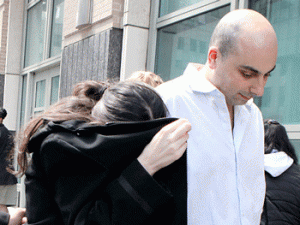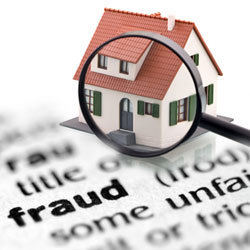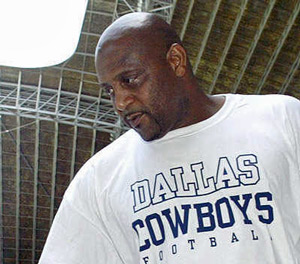
Here is a typical 419 letter:
From: yarah jane – janeyarah04@———–
Dearest,
I am Jane yarah the only daughter of late Mr and Mrs william yarah.My father was a very wealthy cocoa merchant in Abidjan , the economic capital of Ivory coast, my father was poisoned to death by his business associates on one of their outings on a business trip . My mother died when I was a baby and since then my father took me so special. Before the death of my father on January 2006 in a private hospital here in Abidjan he secretly called me on his bed side and told me that he has the sum of ten million,five hundred thousand United State Dollars. USD $10.5mleft in fixed / suspense account in one of the prime bank here in Abidjan ,that he used my name as his only daughter for the next of Kin in depositing of the fund. He also explained to me that it was because of this wealth that he was poisoned by his business associates. That I should seek for a foreign partner in a country of my choice where i will transfer this money and use it for investment purpose such as real estate management or hotel management .
Dear, I am honourably seeking your assistance in the following ways:
1.To provide a good bank account into which this money would be transferred into .
2 To serve as a guardian of this fund since I am only 19years.
3. To make arrangement for me to come over to your country to further my education and to secure a resident permit in your country. Moreover, dear, i am willing to offer you 15% of the total sum as compensation for your effort/ input after the successful transfer of this fund into your nominated account overseas.
Furthermore, you indicate your options towards assisting me as I believe that this transaction would be concluded within seven (7) days you signify interest to assist me. Anticipating to hear from you soon.
remain bless,
Yours Faithfully,
Jane.———————————
@——
Note that she is promising 15% of $10.5 million or $1.6 million. All you have to do is trust her and give her your bank account number. While this letter is laughable , there are many people who fall for it and lose thousands of dollars. Here are safeguards spelled out on the FBI website as to what to watch out for:
According to the FBI:
Nigerian letter frauds combine the threat of impersonation fraud with a variation of an advance fee scheme in which a letter, mailed from Nigeria, offers the recipient the “opportunity” to share in a percentage of millions of dollars that the author, a self-proclaimed government official, is trying to transfer illegally out of Nigeria. The recipient is encouraged to send information to the author, such as blank letterhead stationery, bank name and account numbers and other identifying information using a facsimile number provided in the letter. Some of these letters have also been received via E-mail through the Internet. The scheme relies on convincing a willing victim, who has demonstrated a “propensity for larceny” by responding to the invitation, to send money to the author of the letter in Nigeria in several installments of increasing amounts for a variety of reasons.
Payment of taxes, bribes to government officials, and legal fees are often described in great detail with the promise that all expenses will be reimbursed as soon as the funds are spirited out of Nigeria. In actuality, the millions of dollars do not exist and the victim eventually ends up with nothing but loss. Once the victim stops sending money, the perpetrators have been known to use the personal information and checks that they received to impersonate the victim, draining bank accounts and credit card balances until the victim’s assets are taken in their entirety. While such an invitation impresses most law-abiding citizens as a laughable hoax, millions of dollars in losses are caused by these schemes annually. Some victims have been lured to Nigeria, where they have been imprisoned against their will, in addition to losing large sums of money. The Nigerian government is not sympathetic to victims of these schemes, since the victim actually conspires to remove funds from Nigeria in a manner that is contrary to Nigerian law. The schemes themselves violate section 419 of the Nigerian criminal code, hence the label “419 fraud.”
Some Tips to Avoid Nigerian Letter or “419” Fraud:
If you receive a letter from Nigeria asking you to send personal or banking information, do not reply in any manner. Send the letter to the U.S. Secret Service, your local FBI office, or the U.S. Postal Inspection Service. You can also register a complaint with the Federal Trade Commission’s Consumer Sentinel.
- If you know someone who is corresponding in one of these schemes, encourage that person to contact the FBI or the U.S. Secret Service as soon as possible.
- Be skeptical of individuals representing themselves as Nigerian or foreign government officials asking for your help in placing large sums of money in overseas bank accounts.
- Do not believe the promise of large sums of money for your cooperation.
- Guard your account information carefully





